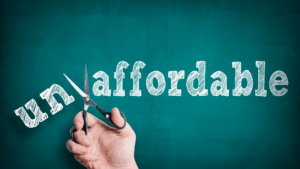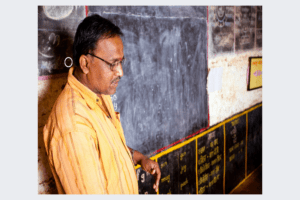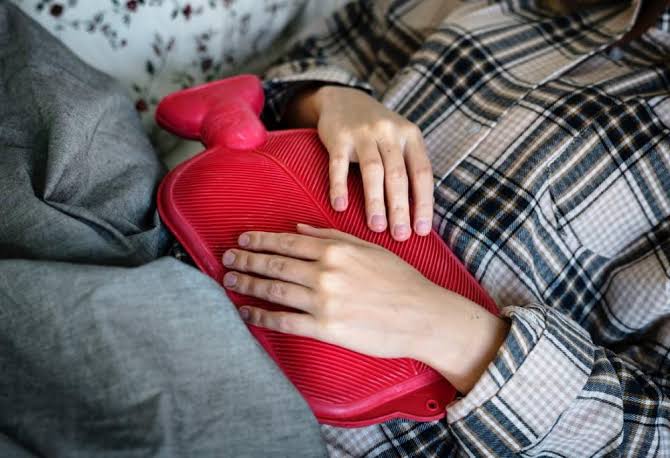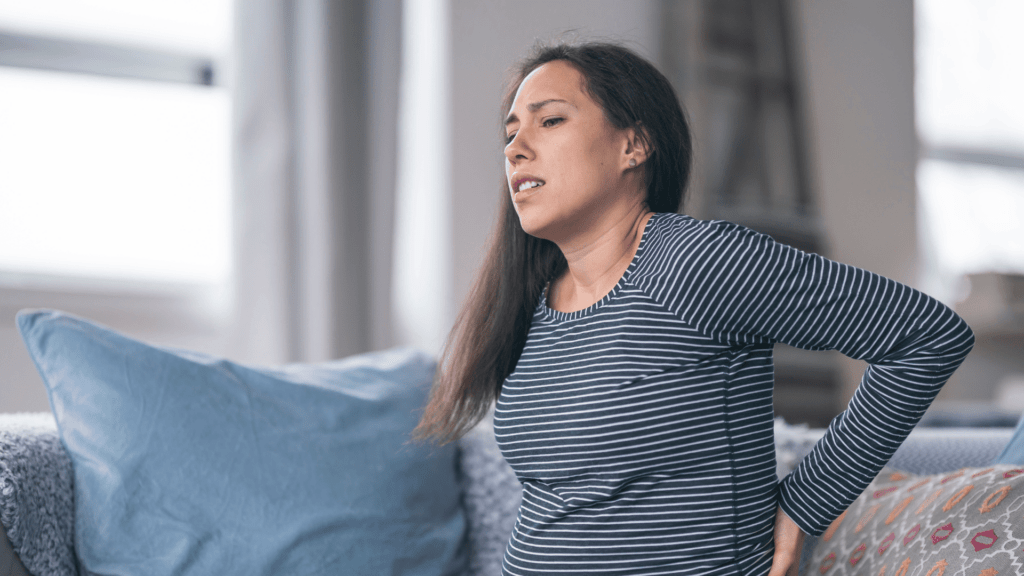
Strategies to Overcome Period Poverty
Millions of menstruating individuals around the world struggle with a lack of period supplies, education on menstrual hygiene, and proper bathroom facilities. This inadequate availability of menstrual products and education, known as ‘period poverty,’ creates a cycle of social stigma, financial strain, and health concerns. We need a comprehensive approach on multiple fronts to tackle this issue.
Affordable Solutions

The high cost of menstrual products can impose a significant financial burden on low-income families. Governments can introduce subsidies or remove taxes on essential menstrual products to lighten this load. Countries like India are already making strides by implementing tax exemptions for many menstrual products, making them more affordable and accessible.
Free Distribution of Sanitary Products

Providing free menstrual supplies in schools, community centres, and public spaces secures accessibility for all, ensuring that nobody misses school or work due to a lack of these necessities.
Holistic Educational Initiatives

In-depth menstrual hygiene education in schools equips young people with the knowledge needed to understand their bodies, manage their periods effectively, and feel confident throughout their cycles. Including boys and men in these programs promotes understanding and fosters a more inclusive environment.
Public Awareness Campaigns

Raising public awareness is key to breaking taboos around periods and promoting acceptance. Lately, social media has seen a surge in trending hashtags that aim to underscore the significance of menstrual health, prompting open dialogues about periods.
Enhancing Sanitary Infrastructure

Insufficient sanitary facilities, especially in public places, can exacerbate period poverty. Governments and organisations must prioritise building and maintaining hygienic, private, and secure restroom facilities with access to water and soap. This investment enhances the overall public health.
Water, Sanitation, and Development

The availability of clean water and effective waste disposal systems is critical since unsanitary methods can lead to severe health complications and environmental pollution. The focus should be on strengthening WASH infrastructure, which guarantees clean water, safe sanitation, and good hygiene practices to promote health, dignity, and development.
Strengthening Local Production

Boosting the local production of menstrual products can make them more affordable and accessible. We can create employment opportunities by training locals to produce reusable pads while addressing period poverty.
Partnering with Community Leaders

Community leaders play a crucial role in reshaping attitudes towards periods. Involving them in menstrual hygiene management initiatives can help cultivate positive attitudes and break down detrimental cultural taboos.
Efforts to combat menstrual inequity require a multifaceted approach that encompasses economic interventions, educational campaigns, improved sanitary facilities, supportive policies, and community-based solutions. Only by working together and advocating for menstrual equity can we eradicate period poverty and build an equitable world.




